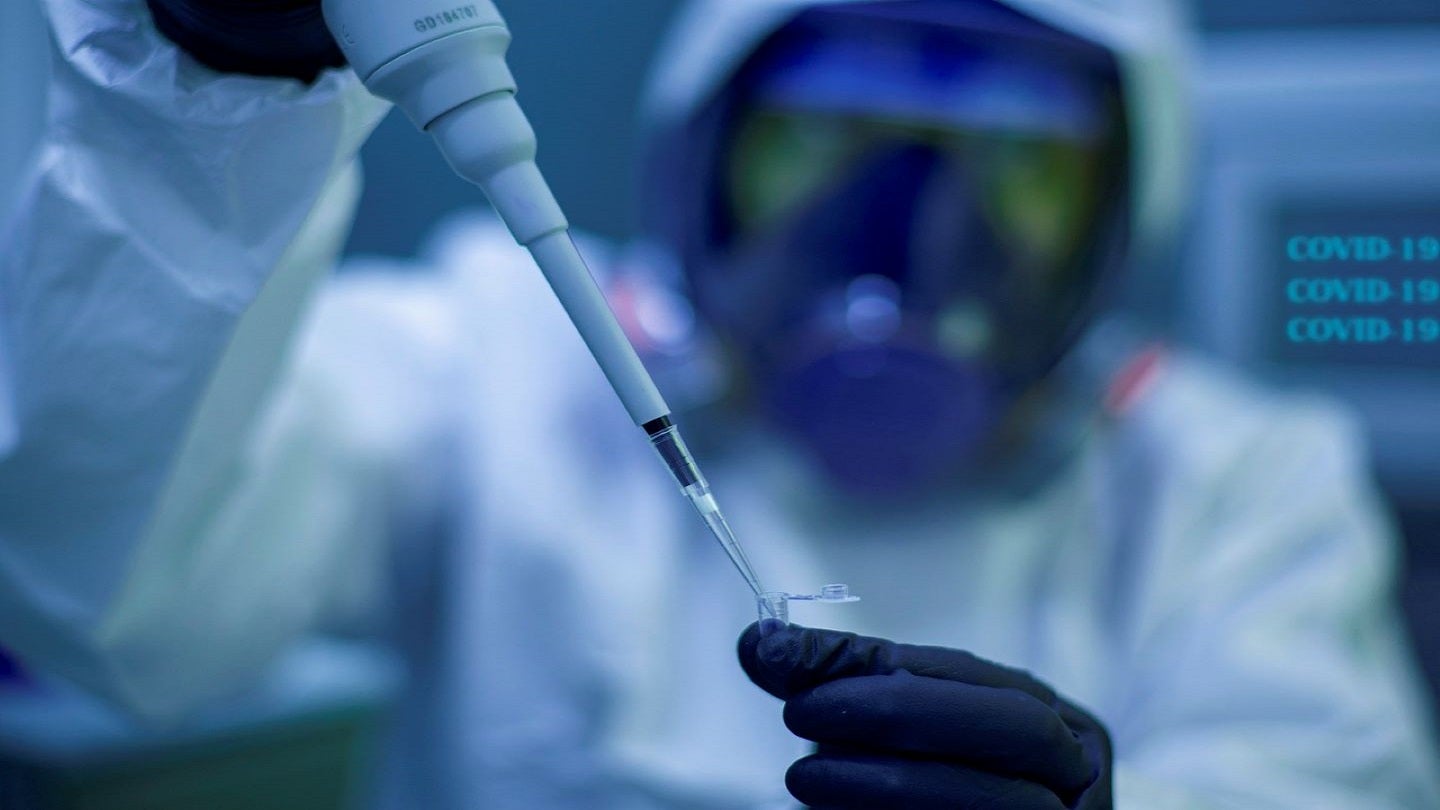
US-based Domus Diagnostics has secured funding from the National Institutes of Health (NIH) to support the development of its at-home point-of-care nucleic acid amplification and detection test.
The molecular test is being developed for the simultaneous detection of Flu-A, Flu-B, respiratory syncytial virus (RSV) and Covid-19.

Discover B2B Marketing That Performs
Combine business intelligence and editorial excellence to reach engaged professionals across 36 leading media platforms.
The company has been awarded up to $2.4m under NIH’s Rapid Acceleration of Diagnostics Tech programme to advance the validation and scaling of its testing platform for clinical trial readiness.
The company is engaged in the development of a cost-effective, high-performance nucleic acid amplification and detection test, which can be marketed at a lower price than current antigen tests in the US.
Using the Domus test, a clinician or patient can easily obtain a sample by swabbing each nostril. The collected sample is then placed in a collection chamber within a card and results can be viewed after 30 minutes.
Furthermore, Domus technology operates without the need for instruments, electricity or batteries.

US Tariffs are shifting - will you react or anticipate?
Don’t let policy changes catch you off guard. Stay proactive with real-time data and expert analysis.
By GlobalDataDomus Diagnostics president and CEO Paul Chapman said: “Our mission has always been to develop a lower-cost, accessible and highly accurate testing solution to dramatically expand use and improve outcomes around the world.
“The NIH award will enable us to take a major next step toward validating our platform and moving into clinical trials.”
The Domus Diagnostics platform is a zero-power platform which will help create new devices for precise, efficient and user-friendly infectious disease testing.
The devices can be used for testing at home, in community testing facilities or in doctors’ offices.
According to the company, the devices will serve as an affordable and accessible global option to test infectious diseases.



